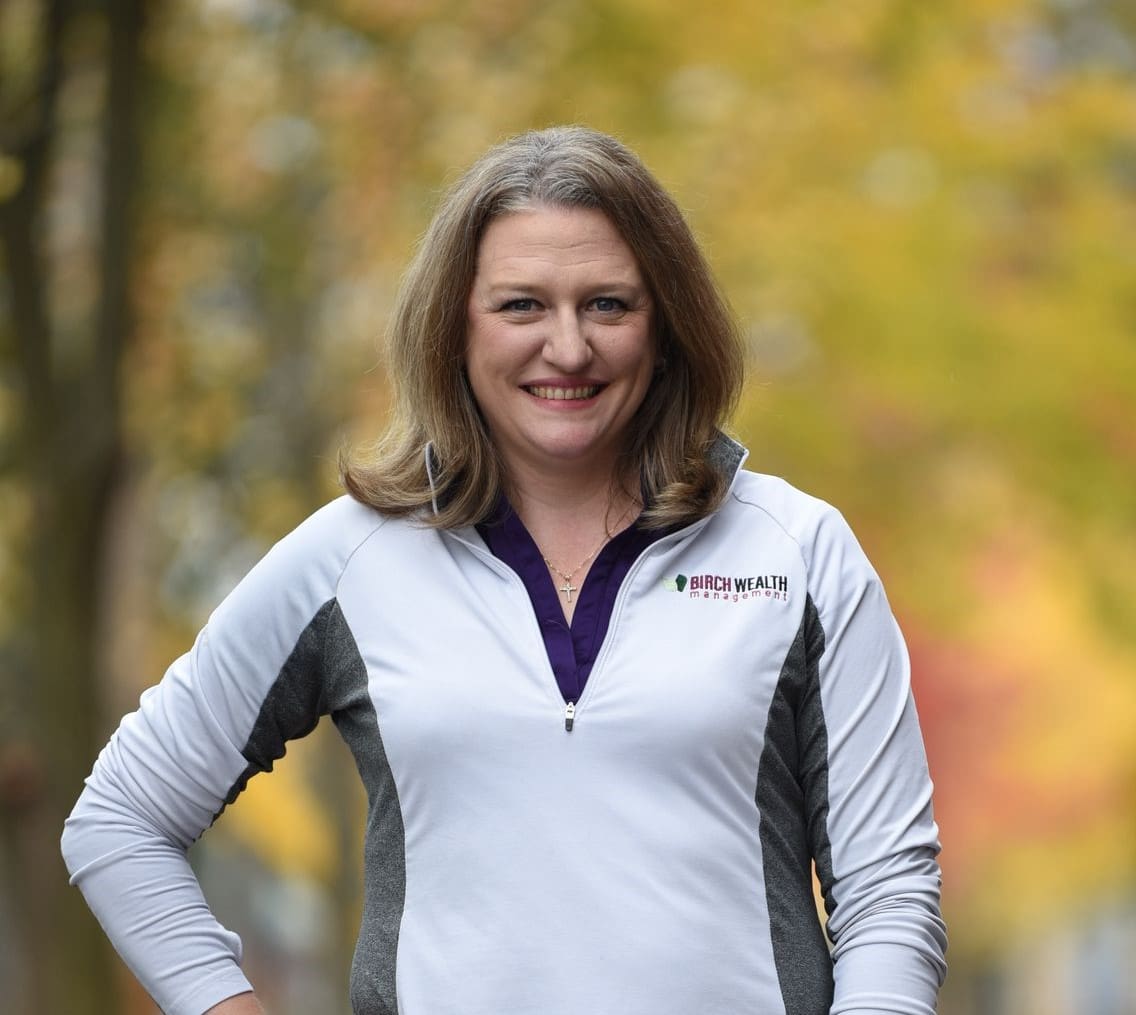By Alyssa Dearborn
When you have a neurological condition – such as Parkinson’s, multiple sclerosis, stroke, dizziness or concussion–finding the right care is essential for living a healthy life and retaining independence. Liz Yates Horton DPT, physical therapist and board-certified neurologic specialist, founded Engage Therapy and Wellness to improve the lives of those living with these conditions, providing physical, speech, and occupational therapies to patients.
“It has always been a dream of mine to help more individuals in the Syracuse area with Parkinson’s and other neurological conditions. I know firsthand how much a personalized therapy session can positively impact this population in improving their daily life.” Yates Horton said, “When COVID happened – I have two young kids and daycare closed – that is what got the ball rolling. Prior to COVID, I was teaching community-based exercise programs for individuals with Parkinson’s. When COVID happened, all of the gyms closed and I had this whole group of individuals who know that exercise is so important but didn’t have a place to exercise. So we all figured out Zoom to start an exercise group and I started running that.”
She started her online exercise program during the first week of lockdown and the group met three to four days per week. The program eventually evolved into Engage Therapy and Wellness, which offers physical, speech, and occupational therapies. As of right now, according to Yates Horton, the only other clinic in the Syracuse area that offers all three therapies is Upstate Medical University. Since opening the clinic, Engage has grown to include eight therapists to meet the needs of the community and has also received two Parkinson’s Foundation grants to help those who are newly diagnosed with Parkinson’s and those who have freezing of movement.
“All of our sessions are one-on-one and individualized for the clients that we’re working with.” Yates Horton said when asked about her practice’s methods, “Our strategies are well researched, and we tailor our exercises and our therapies to really meet the needs of the individual with whom we work.”
When asked how she determines an individual’s needs, she explained her practice’s process, replying, “When someone comes in, during that first meeting we do an in depth assessment where we will get a lot of information from the individual to get a better sense of what they may be having difficulties with, or what they would like to get back to, and what their goals are. Then from there, we will do very targeted assessments.”
The targeted assessments depend on the type of treatment the patient is seeking. For example, for physical therapy patients, assessment will focus on movement. Assessments for speech therapy will assess the patient’s voice, swallowing, and memory. And occupational therapy patients will be assessed based on daily life activities such as handwriting, getting dressed, and more.
“We take all of that information that we get both from the client and then from our assessment and then come up with an individualized plan.” she continued, “With that, we are communicating with our clients so that we’re both working towards the same goals.”
Just as she found a unique way to serve clients online, Yates Horton continues to find ways to connect with patients outside of their scheduled appointments. Through her practice’s blog, emailed newsletter, YouTube channel and social media, she is able to make a further impact on her client’s lives.
“Oftentimes, when someone is diagnosed with a neurological condition, it can feel really overwhelming. We use our blog to really help communicate targeted information that is really beneficial for individuals, but in a user-friendly way. Also, there’s research and evidence to support it, because when someone is newly diagnosed with a neurologic condition, you can go on Google and it can take you down a rabbit hole. We want to be able to provide individuals with a really useful resource. Our YouTube channel has many recorded exercise classes and informational videos. Our goal is that we are able to provide resources for the community, even if they are not being seen at Engage.”
Knowing that her work addresses a community need in the Syracuse area is an important aspect of Yates Horton’s work. But being able to see a patient’s individual progress firsthand is one of the most personally rewarding parts of what she does.
“I always think about the first time I worked with someone with Parkinson’s. Prior to us starting to work together, he had needed his wife to assist him for a number of years. Within two weeks, this gentleman was able to walk independently. He was able to get his sweater on independently. He was able to roll over in bed. In just two weeks, he was coming in and telling me how he had felt so discouraged and now he felt like he had hope. That is what we are really able to do here, change someone’s life so that they are empowered and that they have the tools to be as independent as possible. I am very grateful that we are able to do this every day.”





